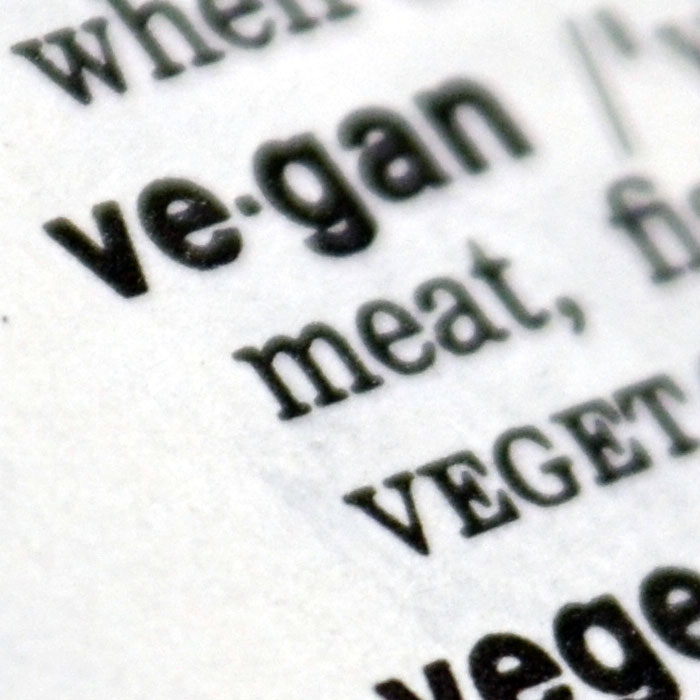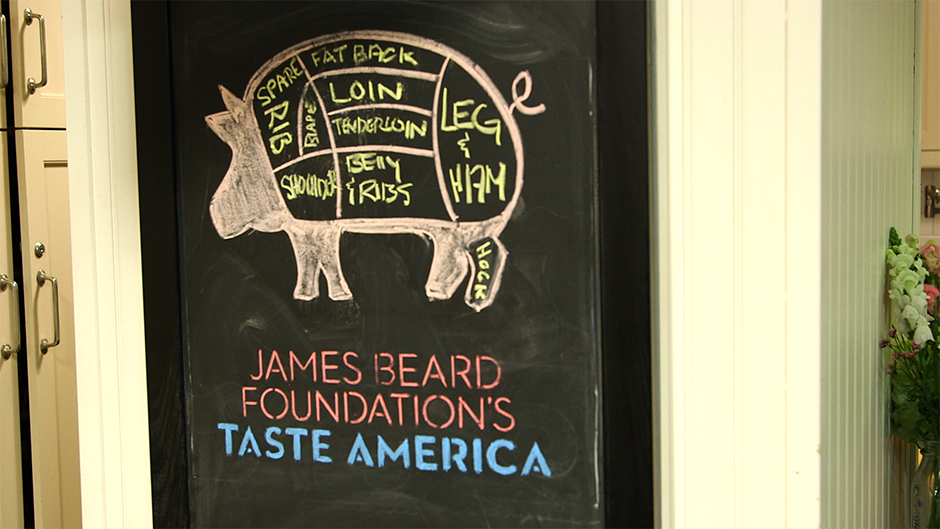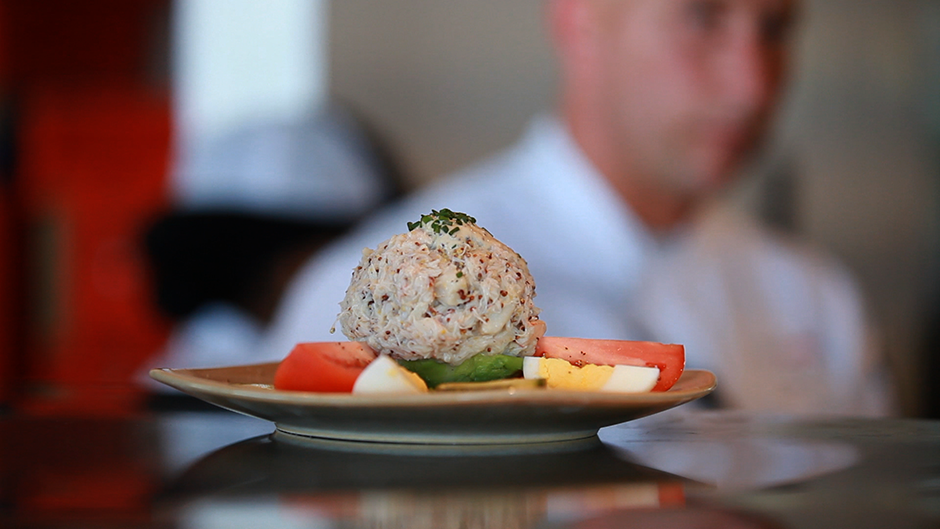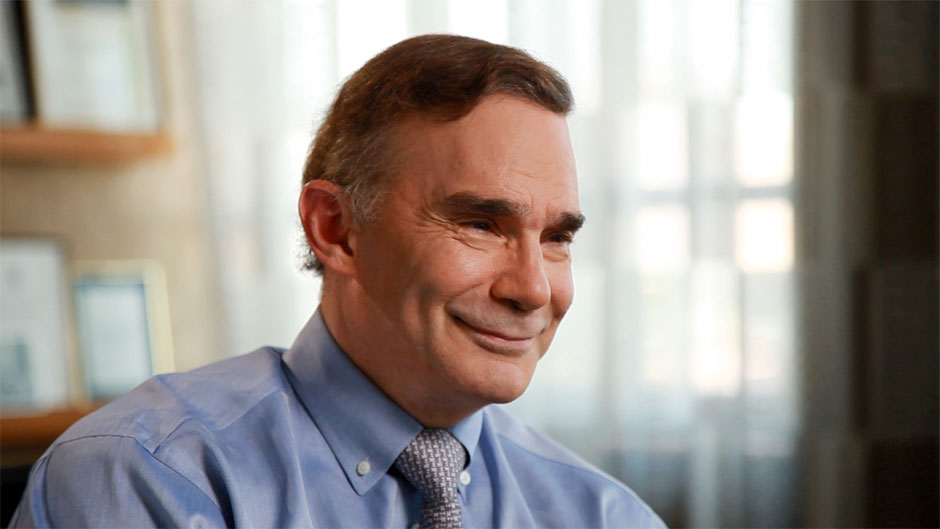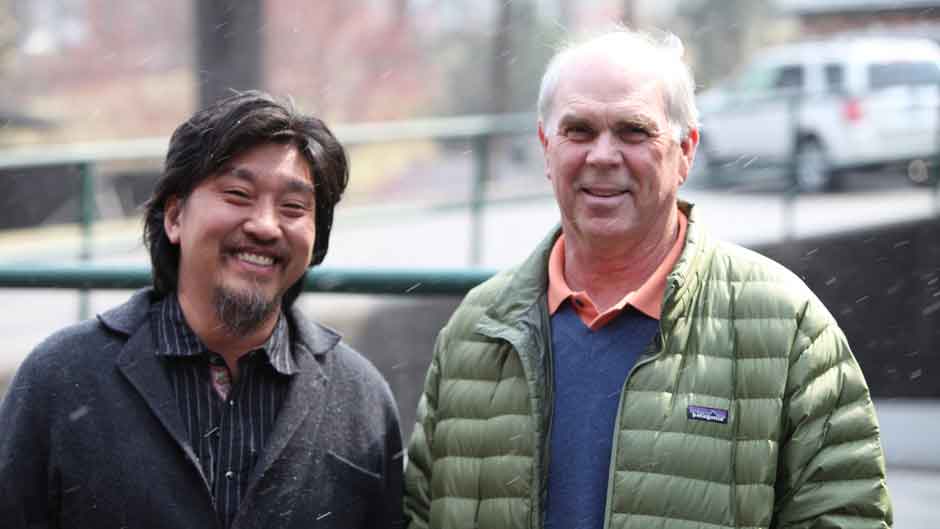Navigating the Ethical and Emotional Aspects of the Plant-Based Life
Have you heard the joke that goes, “How can you spot the vegan at a party? Don’t worry, they’ll let you know.”
I’d first heard it as I was embarking on this article, and it immediately resonated. As one who frequents art and literary events, I can picture myself wondering aloud whether the tidbits being passed around on little trays or attractively served on tables contain dairy (it’s usually obvious whether something is made with meat). I’m actually awaiting any sort of opening that will allow me to mention that I’m vegan. Until I heard this joke, I wasn’t aware of how much of a cultural cliché I’ve become.
Why, indeed, do many vegans look at their choice as a badge of honor? And why does true veganism go well beyond what you choose not to eat at parties, or what you make for dinner?
Call it vegan, plant-based, plant-strong, plant-powered — the movement has exploded over the last decade or so. When I started writing cookbooks in the 1980s, there were but a few prominent vegetarian titles; now, some larger bookstores have an entire bay dedicated to vegan titles alone. Do a web search on the word “vegan” and you’ll come up with more than 60 million results. It’s definitely in the air!
Vegan 101
The word “vegan” was coined in 1944 by Donald Watson, who, with a small group, broke away from the prominent vegetarian society in England to form the first vegan organization. It was this group that first defined the vegan diet as one free of meat, fowl, fish, eggs, dairy, and even honey. They were the first to oppose all usage of animal products (to the best of one’s knowledge), and they encouraged exploration of alternatives to wool, leather, and such. The seed of veganism was planted in the U.S. by Jay Dinshah, who founded the American Vegan Society in 1960.
The primary difference between vegetarians and vegans isn’t so much that vegetarians eat dairy and eggs and vegans don’t (though that much is true), but that vegetarian diets are adopted mostly as a way to improve health by reducing, rather than eliminating, animal foods. The core belief of veganism is respect for all life, and non-exploitation of animals for any purpose. Jo Stepaniak, a widely known authority on vegan issues, sums up the definition in her statement that “unlike vegetarianism, being vegan does not entail simply what a person does or doesn’t eat — it comprises who a person is.”
More Vegan than Thou
I often wonder how intelligent people who take such pains to care for their beloved pets can give no thought whatsoever to the animals on their plates. I think of friends who’ve paid top dollar for diabetes treatment for their cat or eye surgery for their dog, but don’t see the disconnect when it comes to the pig or cow that becomes the bacon or burger on the table. Yes, I know how this makes me sound. I admit it — being vegan secretly gives me a feeling of moral superiority. And “secretly” is the operative word. Publicly, I never berate or chastise.
Being strident isn’t my thing; delicious food is my medium of choice for preaching to the unconverted.
I do, however, quietly nurture the “more vegan than thou” attitude, which does seem not a little self-righteous. Anthony Bourdain famously called vegans a “Hezbollah-like splinter-faction” of vegetarianism, and a “persistent irritant to any chef worth a damn.” It’s true that some vegans enjoy being provocative (PETA, anyone?), but there are any number of ways to express the passion that drives the vegan community.
Not long ago, I spoke at Vida Vegan (in ultra-vegan Portland, OR), a blogger’s conference where vegan bloggers of every philosophical stripe convened to attend sessions and exchange ideas and views. There were foodie vegans, animal rights vegans, raw vegans, fitness vegans, health vegans, environmental vegans, and literary and art-y vegans. It was mostly peace and love and understanding, plus tons of food, but even in this vegan 24/7 crowd there were a few philosophical variations. Those of us “of a certain age,” who pride ourselves on our vigor, were a bit aghast at the younger crowd’s casual attitude toward vegan junk food and fondness for meat substitutes. Abolitionist vegans, sticking closely to the “it’s all for the animals” line, seemed less concerned overall with plant-based nutrition.
Still, behind the various lenses through which the attendees and speakers view our vegan messaging, there were a few unifying themes — reverence for all life, the desire to make the world a more compassionate place for humans and animals, and using our core beliefs as catalysts for action.
Ethical Choices and Quandaries
For ethical vegans, the next logical step after eliminating animals from the plate is to do one’s best to avoid them in all aspects of lifestyle — no leather or wool, nor cosmetics either made from animals or tested on them. I often used to say that the worst part of being vegan was the shoes, which was met with quizzical looks. What do shoes have to do with it — was I so hungry that I’d taken to eating them? I explained that leather shoes are animal products. The rejoinder was usually, “What’s the problem? The cow is already dead. We might as well use the byproducts.” But I don’t want the cow to be dead. In fact, I don’t want so many cows to be bred in the first place, usurping vast land and water resources only to become burgers. I circle back to say how happy my feet are now that sweatshop-free non-leather shoes are so much more comfortable.
“Okay, but then what’s the problem with wool? The sheep doesn’t have to die.” At which I gently invite the questioner to search the term “cruelty in wool production,” wishing to avoid grueling details over dinner or cocktails. Is avoiding animal products easy? Absolutely not. Are ethical vegans perfect in this regard? Not nearly. Animal components are prevalent in a surprising number of products under sneaky names (like stearic acid, used in some tires and soaps). We learn, we adjust, and do the best we can. It’s more difficult to give up driving than to choose appropriate skin cleansers.
The Bill Clinton-Style of Modified Veganism
A recent profile of Bill Clinton’s veggie-packed diet was recently featured in AARP Magazine. It detailed the kind of clean plant-based fare that has improved his health, post-quadruple bypass surgery. While the article presented two recipes under the headline “Clinton’s Vegan Dishes,” the piece was careful not to label him vegan — he isn’t, contrary to popular belief. In fact, the article states that “once a week or so, he will have a helping of organic salmon or an omelet made with omega-3-fortified eggs.”
That’s enough for most committed vegans to reject the notion that Clinton is truly in our fold, just as we find the idea of Mark Bittman’s Vegan Before 6 a bit absurd. Many in our community bristle at the appropriation of the word “vegan” to describe an occasional way of eating rather than as a full-fledged way of life.
But lots of us, myself included, are grateful to Clinton and Bittman for using their massive platforms to advance the idea of plant-based diets to a mainstream public.
Clinton concludes the AARP interview with a reminder that America’s poor eating habits are contributing to unsustainable health care costs. Nowhere does he touch on climate change or animal welfare, but still, who can argue with his message? Even if an eater’s main motive is their own well-being, or the occasional enjoyment of delectable plant-based foods, it still contributes to the same positive outcome vegans seek — fewer animals being slaughtered, less depletion of the earth’s land and water resources, and more food security.
Whatever Works
As a child, I didn’t like looking at meat on my plate, and as an adult, I don’t like to watch people eat it. I’m usually firm in my views and standards; for instance, at potlucks or holiday meals at my home, no animal foods are allowed (so far, no one has left hungry or unhappy). But occasionally, when eating out with omnivores, I’m asked if I mind if they order a meat dish. In these cases, I do mind, but if I speak out, it casts a pall over the entire meal. I don’t feel great about this, but I also don’t think that restaurants are the best venues for lectures. I wish I could drag these diners off somewhere and make them watch Peaceable Kingdom or Earthlings, and let them come to their own conclusions based on facts, rather than avoidance. I’ve heard lots of people say “I don’t want to know.” Flannery O’Connor wrote, “The truth does not change according to our ability to stomach it.” Whatever it was that she was referring to, it completely fits this scenario.
Despite all the complex ethical, emotional, and logistical considerations inherent in veganism, those practicing it find the path joyful and expansive.
Vegans take pleasure in feeling that we do our small part to make the world a more compassionate place each day by voting with our forks. Self-righteous and occasionally irritating as we can be (and we don’t mellow with age!), being vegan feels good; being a healthy vegan is even better. And the food is damn good, too — we make sure of it!

